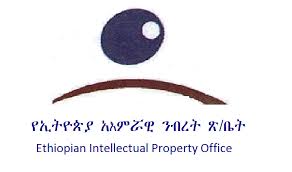
In 2013 the Trademark Registration and Protection Proclamation No 501 came into force, bringing (at the time) much-needed clarity to the country’s trademark practice and aligning local processes with international trends in trademark law.
Since Ethiopia is neither a member of the Madrid Agreement nor the Madrid Protocol, trademark protection is obtained through local registration. However, despite the first-to-file principle, registration can also be acquired through sufficient public recognition.
Contrary to the Madrid Agreement or Madrid Protocol, Ethiopia’s law allows for priority to be claimed from applications filed in any Paris Convention country if the Ethiopian application is filed within six months from the date of filing the priority application despite Ethiopia not being a member of the Paris Convention. Here, a certified document confirming the priority application’s details should be submitted within three months of the filing date in Ethiopia.
It is possible to file goods and service marks and collective marks in the country, as well as obtain protection for well-known marks. Additionally, the Nice Classification system is applicable and multi-class applications are available.
A trademark application must include:
- power of attorney;
- applicant data (eg, name and address);
- a certified copy of the certificate of incorporation relating to the applicant’s business in the relevant classes, which must be filed with a verified English translation or a certified copy of the application filed in a different jurisdiction with a verified English translation;
- a sample of the mark (not required for word marks);
- a list of goods and/or services; and
- the priority document, with verified English translation, if priority is claimed.
The power of attorney must be legalised by an Ethiopian consulate.
The filing procedure in Ethiopia as follows:
- A request is filed before the Ethiopian Intellectual Property Office (EIPO).
- The EIPO conducts a formal and substantial examination.
- A notice of invitation for an opposition is published in the IP Bulletin or national newspaper.
- Third parties that consider themselves to be adversely affected by the trademark registration have 60 days to file an opposition.
- The registration certificate is issued.
Trademarks are valid for seven years from the filing date and may be renewed indefinitely for the same number of years.
A trademark registration usually takes between 24 and 30 months to complete. Although not mandatory, availability searches are recommended and the time frame to completion is five to 10 business days.
